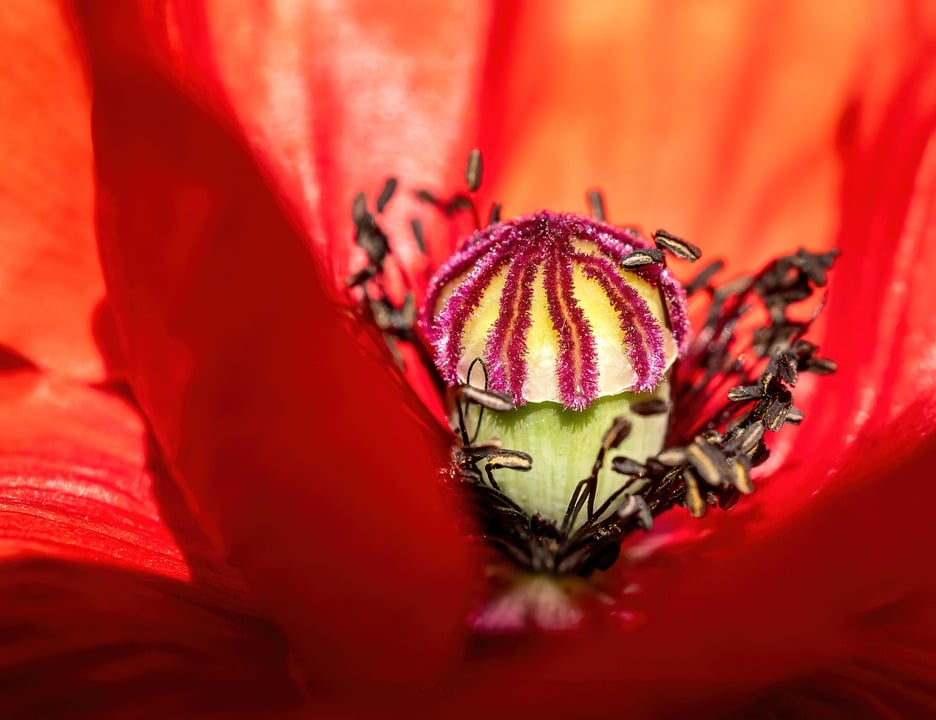In a world filled with scientific advancements and technological breakthroughs, it is easy to dismiss superstitions as relics of the past, irrational beliefs that have no place in our modern society. However, delving into the origins of historical superstitions reveals a darker and more complex narrative that sheds light on the human psyche and our relationship with the unknown.
From black cats crossing your path to walking under a ladder, superstitions have been part of human culture for centuries, shaping our behavior and beliefs in profound ways. But where do these superstitions come from, and why do they continue to influence us today?
The Historical Context of Superstitions
Superstitions date back to ancient civilizations, where people sought to make sense of the world around them and control their fate. In a world filled with uncertainty and danger, superstitions provided a sense of control and security, offering rituals and beliefs that could ward off evil spirits or bring good luck.
For example, the belief in the evil eye, a curse believed to be caused by a malevolent glare, can be traced back to ancient Greek and Roman civilizations. People believed that wearing an amulet or making a hand gesture could protect them from the evil eye, a superstition that continues to persist in various cultures around the world.
Key points:
– Superstitions have their roots in ancient civilizations, where they provided a sense of control and security.
– The belief in the evil eye dates back to ancient Greek and Roman civilizations, demonstrating the longevity of superstitions.
The Current State of Superstitions
Despite the advancements in science and technology, superstitions continue to influence our behavior and beliefs in the modern world. From avoiding the number 13 to carrying a lucky charm, superstitions are ingrained in our culture and can be found in various aspects of our daily lives.
Psychologists suggest that superstitions serve a psychological function, providing a sense of control and reducing anxiety in uncertain situations. For example, athletes may engage in superstitious rituals before a game to boost their confidence and performance, demonstrating the power of superstitions in shaping behavior.
Key points:
– Superstitions continue to influence our behavior and beliefs in the modern world.
– Superstitions serve a psychological function, providing a sense of control and reducing anxiety in uncertain situations.
The Future of Superstitions
As society becomes increasingly secular and rational, the prevalence of superstitions may decline. However, superstitions are deeply ingrained in human culture and have proven to be resilient over time, adapting to changing circumstances and beliefs.
The rise of social media and globalization has also contributed to the spread of superstitions, with online communities and influencers promoting new beliefs and rituals. While some superstitions may fade away, new ones may emerge in response to societal changes and challenges.
Key points:
– The prevalence of superstitions may decline in a secular and rational society.
– Superstitions are resilient and adaptable, evolving in response to changing circumstances and beliefs.
Conclusion
In conclusion, the dark origins of historical superstitions reveal a complex and fascinating narrative that sheds light on our human nature and the quest for control in an uncertain world. While superstitions may seem irrational to some, they have played a significant role in shaping our behavior and beliefs throughout history.
As we navigate the complexities of the modern world, it is important to recognize the power of superstitions in influencing our thoughts and actions. By understanding the historical context and psychological function of superstitions, we can gain insight into our own belief systems and engage with them in a more mindful and critical manner.
Thank you for taking the time to delve into the dark origins of historical superstitions. For further exploration, we recommend exploring books and articles on the psychology of superstitions and their cultural significance. Let us continue to unravel the mysteries of the human psyche and the enduring influence of superstitions in our lives.
